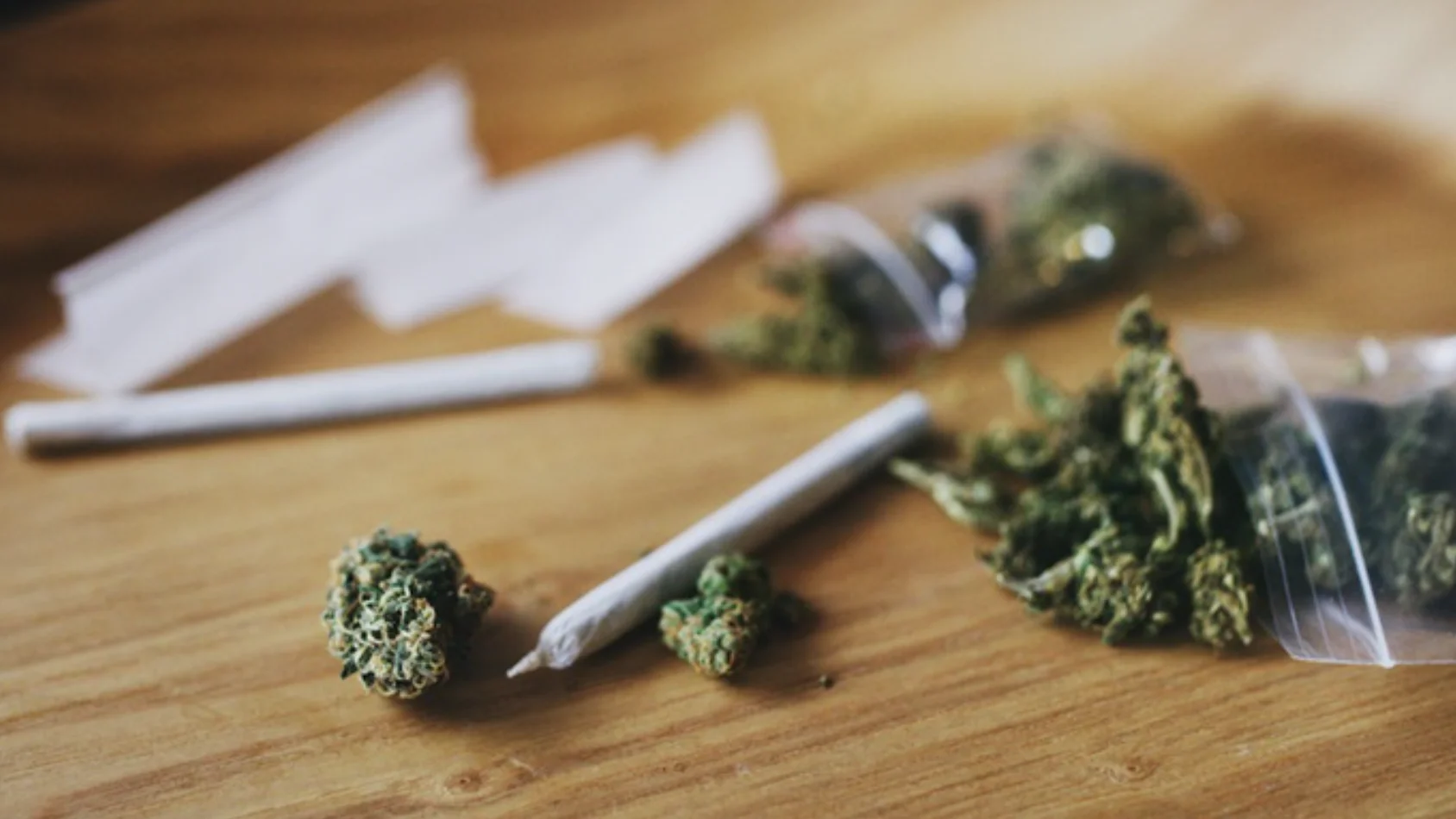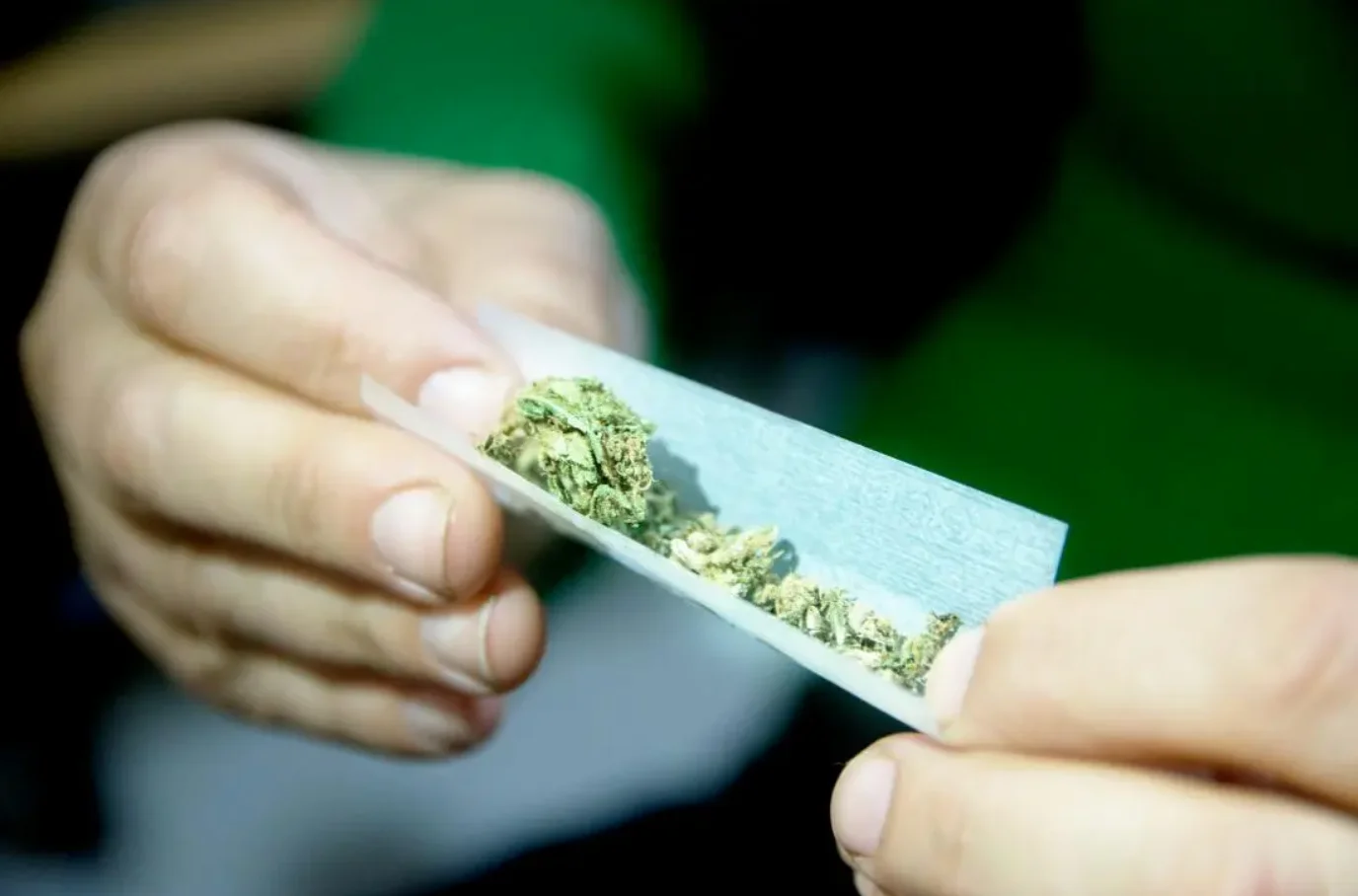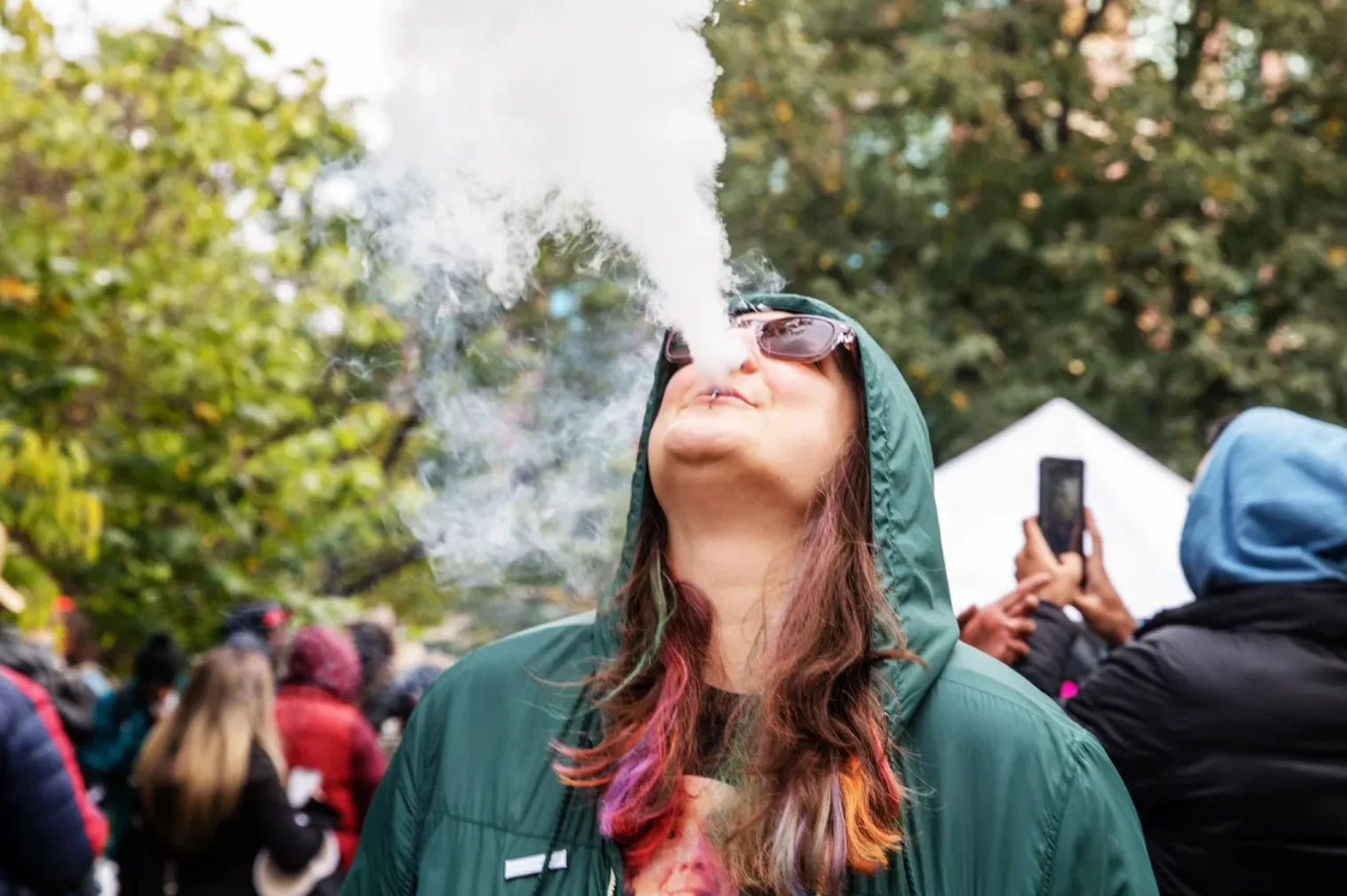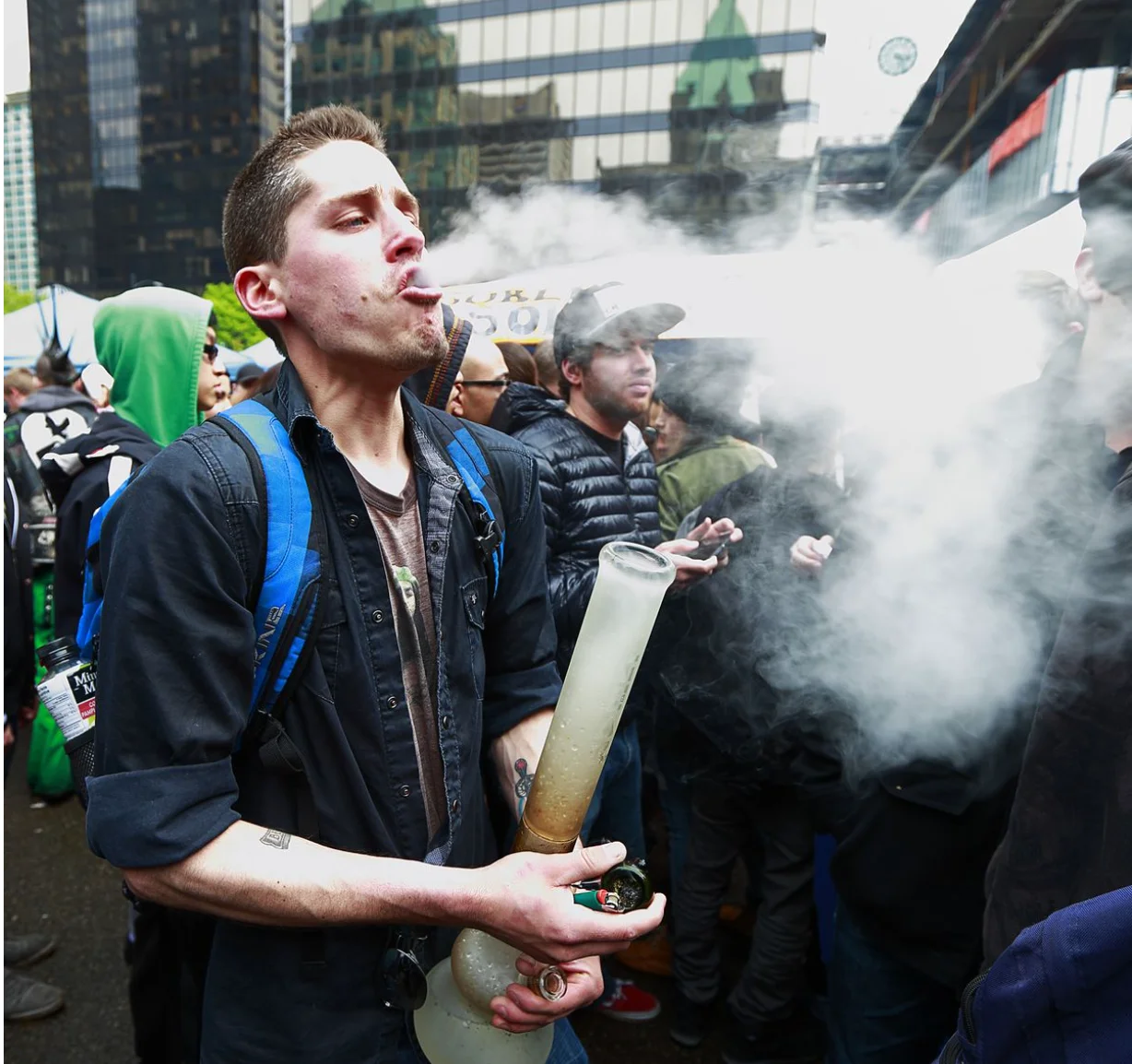Cannabis legalization in Canada represents a significant societal shift, altering perceptions and legal frameworks surrounding the consumption and distribution of this once illicit substance. Since the enactment of the Cannabis Act in October 2018, Canada has emerged as a global leader in the legalization and regulation of cannabis. This transformative legislation marked the culmination of years of advocacy and debate, paving the way for a regulated market that prioritizes public health and safety while curbing the influence of illicit markets.

In the Province of British Columbia (BC), weed legalization has unfolded against a backdrop of rich cultural history and longstanding ties to cannabis cultivation. Known colloquially as the “Wild West” of Canadian weed, BC has played a central role in the country’s illicit cannabis trade for decades. With the advent of legalization, the province now faces the dual challenge of transitioning its robust underground market into a legal, regulated industry while ensuring compliance with federal and provincial laws.
The specific cannabis laws in British Columbia reflect a nuanced approach to regulation, tailored to address the unique social, economic, and cultural dynamics within the province. Under British Columbia’s regulatory framework, individuals must be at least 19 years of age to purchase, possess, and consume weed products. This aligns with the legal drinking age in the province and is consistent with age restrictions in other Canadian jurisdictions.
Moreover, British Columbia boasts a diverse landscape of retail weed stores, ranging from government-operated establishments to privately owned dispensaries. However, the licensing and operation of retail outlets are subject to stringent regulations outlined by the British Columbia Liquor and Cannabis Regulation Branch (LCRB). These regulations govern various aspects of retail operations, including location, signage, security measures, and product packaging.
In the subsequent sections of this article, we will delve deeper into the intricacies of cannabis laws in British Columbia, exploring key aspects such as possession limits, consumption regulations, and home cultivation allowances. By understanding the legal landscape surrounding weed in British Columbia, individuals can navigate this evolving industry responsibly and contribute to the province’s burgeoning marijuana economy.
Understanding Cannabis Laws in Canada
The legalization of weed in Canada has been a monumental shift in social and legal landscapes. The framework for this transformation lies within federal regulations, primarily governed by the Cannabis Act. Enacted on October 17, 2018, the Cannabis Act fundamentally altered how weed is produced, distributed, and sold across the country.

The cornerstone of Canada’s cannabis legislation, the Cannabis Act, represents a comprehensive regulatory framework that governs all aspects of the marijuana industry. Its primary objectives are to restrict youth access to cannabis, deter criminal activity related to its production and distribution, and ensure public health and safety. By providing a legal framework for the production, distribution, and sale of weed, the Cannabis Act aims to displace the illicit market and establish a well-regulated industry.
Under the Cannabis Act, the production of weed is strictly regulated, requiring individuals and entities involved in cultivation to obtain licenses from Health Canada. These licenses dictate various parameters, including security measures, quality control standards, and record-keeping protocols, to ensure the safe and responsible production of cannabis.
Distribution and sale of weed are also tightly regulated under the Cannabis Act. Licensed producers are authorized to distribute cannabis products to provincial and territorial authorities, who oversee the retail distribution within their respective jurisdictions. This regulatory structure allows provinces and territories to tailor distribution models to suit local preferences and priorities while adhering to federal guidelines.
The legalization and regulation of cannabis production, distribution, and sale represent a paradigm shift in Canada’s approach to drug policy. By moving away from prohibitionist measures towards a system of legalization and regulation, Canada aims to mitigate the harms associated with illicit weed markets while generating economic opportunities and promoting public health.
In addition to the Cannabis Act, federal regulations also govern various aspects of cannabis advertising, packaging, and labeling. These regulations aim to strike a balance between promoting responsible cannabis use and preventing the glamorization of cannabis consumption, particularly among youth. For example, weed packaging must be plain and standardized, with strict restrictions on branding and promotional elements.
Moreover, cannabis advertising is subject to stringent regulations to prevent the targeting of minors and misleading consumers about the health effects of weed. Advertising restrictions encompass various mediums, including television, radio, print media, and online platforms, to limit exposure to cannabis-related content, especially among vulnerable populations.
While the federal government sets the overarching framework for cannabis regulation, provincial and territorial governments have the authority to enact additional regulations to address specific regional concerns and priorities. This decentralized approach allows provinces and territories to implement measures tailored to their unique social, economic, and cultural contexts.
For example, some provinces, such as British Columbia and Alberta, have opted for a private retail model, allowing licensed private retailers to sell cannabis products to consumers. In contrast, other provinces, like Ontario and Quebec, have chosen a government-run retail model, with cannabis sales exclusively through provincially operated stores.
Understanding cannabis laws in Canada requires familiarity with the federal regulations established by the Cannabis Act, which govern the production, distribution, and sale of cannabis nationwide. These regulations aim to strike a balance between public health and safety objectives, economic opportunities, and the displacement of illicit weed markets. Moreover, provincial and territorial governments play a crucial role in implementing additional regulations to address regional priorities and preferences within the overarching framework set by federal law.

Cannabis Laws in the Province of British Columbia
The Province of British Columbia (BC) has been historically intertwined with cannabis culture, earning a reputation as a hub for cultivation and consumption. With the advent of legalization, BC has implemented a regulatory framework tailored to address the unique dynamics of the province while aligning with federal legislation. Understanding cannabis laws in British Columbia requires a comprehensive examination of age restrictions, possession limits, retail regulations, consumption regulations, and home cultivation allowances.
Age Restrictions and Legal Possession Limits
- Legal Age for Purchasing and Consuming Cannabis:
In British Columbia, individuals must be at least 19 years old to purchase, possess, and consume cannabis products. This age requirement mirrors the legal drinking age in the province and is consistent with age restrictions in other Canadian jurisdictions. The rationale behind this age threshold is to mitigate the potential risks associated with early cannabis use on brain development and overall health. - Maximum Possession Limits for Personal Use:
Individuals of legal age in British Columbia are permitted to possess up to 30 grams of dried cannabis or its equivalent in other forms, such as cannabis oil, in public spaces. This possession limit aligns with federal regulations outlined in the Cannabis Act and applies to individuals aged 19 and older. Exceeding the specified possession limit may result in legal penalties, including fines or criminal charges, under both federal and provincial laws.
Retail Regulations and Licensing
- Overview of Retail Cannabis Stores in British Columbia:
British Columbia boasts a diverse landscape of retail cannabis stores, catering to a wide range of consumer preferences and needs. These retail outlets include government-operated stores, private dispensaries, and online platforms authorized by the British Columbia Liquor and Cannabis Regulation Branch (LCRB). Consumers have access to a variety of cannabis products, including dried flower, pre-rolls, edibles, concentrates, and topicals, sourced from licensed producers across Canada. - Licensing Requirements for Retailers:
Retailers seeking to operate cannabis stores in British Columbia must adhere to stringent licensing requirements outlined by the LCRB. These requirements encompass various aspects of retail operations, including location suitability, security measures, product sourcing, employee training, and compliance with advertising regulations. Additionally, retailers must obtain municipal approval and adhere to zoning bylaws governing the establishment of cannabis retail outlets.
Consumption Regulations
- Where Cannabis Consumption is Permitted:
In British Columbia, cannabis consumption is permitted in private residences and designated areas where smoking tobacco is allowed. However, it is prohibited in areas frequented by children, such as playgrounds, schools, and community centers. Furthermore, landlords and property owners have the discretion to prohibit cannabis consumption on their premises, including rental units and strata properties. - Restrictions on Public Consumption:
While cannabis consumption is permitted in designated areas, public consumption of cannabis is subject to certain restrictions and regulations. Smoking or vaping cannabis is prohibited in areas where tobacco smoking is banned, such as indoor public spaces, enclosed workplaces, and outdoor patios of restaurants and bars. Violations of public consumption regulations may result in fines or penalties imposed by law enforcement authorities.
Growing Cannabis at Home
- Regulations Regarding Home Cultivation:
In British Columbia, individuals of legal age are allowed to cultivate cannabis plants at home for personal use. However, home cultivation is subject to strict regulations to ensure safety, security, and compliance with federal and provincial laws. Home growers must cultivate cannabis plants in a secure and discreet manner, away from public view and access by minors. - Maximum Number of Plants Allowed per Household:
Under British Columbia’s regulations, each household is permitted to cultivate up to four cannabis plants for personal use, regardless of the number of adults residing in the residence. This limit applies to both indoor and outdoor cultivation and aims to strike a balance between personal cultivation rights and community safety considerations.

Cannabis laws in the Province of British Columbia encompass various aspects, including age restrictions, possession limits, retail regulations, consumption regulations, and home cultivation allowances. By understanding and adhering to these laws, individuals can responsibly engage with cannabis while contributing to the safe and regulated cannabis industry in British Columbia.
Compliance and Enforcement
Enforcement of Cannabis Laws in British Columbia
In British Columbia, the enforcement of cannabis laws is a multifaceted endeavor involving various agencies and authorities. The province has established robust mechanisms to ensure compliance with cannabis regulations, safeguard public health and safety, and deter illicit activities related to cannabis production, distribution, and consumption.
- Law Enforcement Agencies:
Law enforcement agencies, including municipal police departments and the Royal Canadian Mounted Police (RCMP), play a pivotal role in enforcing cannabis laws in British Columbia. These agencies are responsible for investigating cannabis-related offenses, conducting enforcement operations, and collaborating with other regulatory authorities to address illicit cannabis activities. - Compliance Inspections:
Regulatory bodies such as the British Columbia Liquor and Cannabis Regulation Branch (LCRB) conduct regular inspections of licensed cannabis facilities, including retail stores, cultivation sites, and processing facilities. These inspections aim to ensure compliance with licensing requirements, safety standards, and operational protocols outlined in provincial regulations. Non-compliance may result in enforcement actions, including fines, license suspensions, or revocations. - Public Awareness Campaigns:
British Columbia employs public awareness campaigns to educate residents about cannabis laws, regulations, and responsible consumption practices. These campaigns utilize various communication channels, including social media, websites, and community outreach programs, to disseminate information and promote compliance with cannabis regulations. By raising awareness and fostering a culture of compliance, these initiatives contribute to the overall effectiveness of enforcement efforts.
Penalties for Non-Compliance with Regulations
- Administrative Penalties:
Non-compliance with cannabis regulations in British Columbia may result in administrative penalties imposed by regulatory authorities. These penalties can include fines, warnings, compliance orders, or license suspensions, depending on the nature and severity of the violation. Regulatory agencies have the authority to issue penalties to individuals or businesses found to be in breach of cannabis laws or licensing requirements. - Criminal Offenses:
Serious violations of cannabis laws may lead to criminal charges under both federal and provincial legislation. Criminal offenses related to cannabis can range from illicit production and trafficking to unauthorized distribution and possession exceeding legal limits. Individuals convicted of cannabis-related offenses may face imprisonment, fines, or other legal consequences, as determined by the courts. - Seizure and Forfeiture:
In cases involving illicit cannabis activities or non-compliance with regulations, law enforcement agencies have the authority to seize cannabis products, equipment, and assets associated with illegal operations. Seizure and forfeiture actions are aimed at disrupting illicit cannabis markets, depriving offenders of financial gains, and deterring future criminal activity. Proceeds from forfeited assets may be used to fund enforcement efforts or support community initiatives. - License Revocation:
Licensed cannabis businesses found to be in repeated or egregious violation of regulations may face license revocation or suspension by regulatory authorities. License revocation deprives offenders of the privilege to operate legally in the cannabis industry and serves as a deterrent to non-compliance. Regulatory agencies may also impose conditions or restrictions on reinstated licenses to ensure ongoing compliance with regulations.
Compliance and enforcement of cannabis laws in British Columbia are critical components of the province’s regulatory framework. Through collaboration between law enforcement agencies, regulatory bodies, and public awareness initiatives, British Columbia aims to ensure adherence to cannabis regulations, uphold public health and safety, and combat illicit cannabis activities. Penalties for non-compliance with regulations range from administrative measures to criminal charges, seizure of assets, and license revocation, reflecting the province’s commitment to maintaining a safe and well-regulated cannabis industry.

Conclusion
Navigating the complex landscape of cannabis laws in the Province of British Columbia (BC) requires a comprehensive understanding of the regulations governing its production, distribution, and consumption. Throughout this discussion, several key points have emerged, highlighting the importance of compliance and adherence to legal frameworks established by federal and provincial authorities.
British Columbia’s cannabis laws are designed to balance public health and safety considerations with the promotion of a well-regulated cannabis industry. Key aspects of these laws include age restrictions, possession limits, retail regulations, consumption regulations, and home cultivation allowances. Individuals must be at least 19 years old to purchase, possess, and consume cannabis products, and possession limits apply to both public and private spaces.
Retail cannabis stores in British Columbia operate under strict licensing requirements, offering consumers access to a variety of cannabis products sourced from licensed producers across Canada. Consumption of cannabis is permitted in private residences and designated areas, with restrictions on public consumption. Additionally, individuals of legal age are allowed to cultivate up to four cannabis plants for personal use at home.
Understanding and adhering to legal regulations surrounding cannabis in Canada are paramount to promoting public health and safety, preventing criminal activities, and fostering a well-regulated cannabis industry. Compliance with cannabis laws ensures that individuals engage with cannabis responsibly, minimizing potential risks and negative consequences associated with non-compliance. By adhering to legal regulations, individuals can contribute to the displacement of illicit cannabis markets, support legitimate businesses, and promote transparency and accountability within the cannabis industry. Moreover, compliance with regulations helps to protect vulnerable populations, such as youth, from the harms associated with early cannabis use and exposure.
As responsible members of society, it is imperative for readers to stay informed and compliant with cannabis laws to navigate the evolving landscape of cannabis legalization effectively. This requires ongoing education, awareness, and engagement with regulatory authorities, industry stakeholders, and community resources. By staying informed about changes in cannabis laws and regulations, individuals can make informed decisions regarding their cannabis use, mitigate potential legal risks, and contribute to a safe and thriving cannabis ecosystem in British Columbia and across Canada. Furthermore, readers are encouraged to advocate for evidence-based policies, promote harm reduction strategies, and support initiatives aimed at improving access to education, treatment, and support services related to cannabis use.
Understanding and adhering to legal regulations surrounding cannabis in British Columbia and Canada are essential for promoting public health, safety, and responsible cannabis consumption. By recapitulating key points, emphasizing the importance of compliance, and issuing a call to action for readers to stay informed and compliant, we can foster a culture of responsible cannabis use and contribute to the success of cannabis legalization efforts in British Columbia and beyond.
